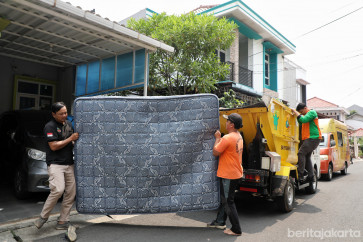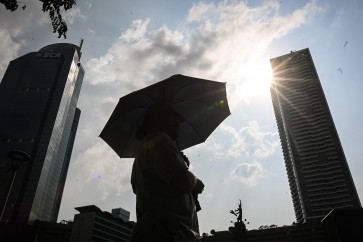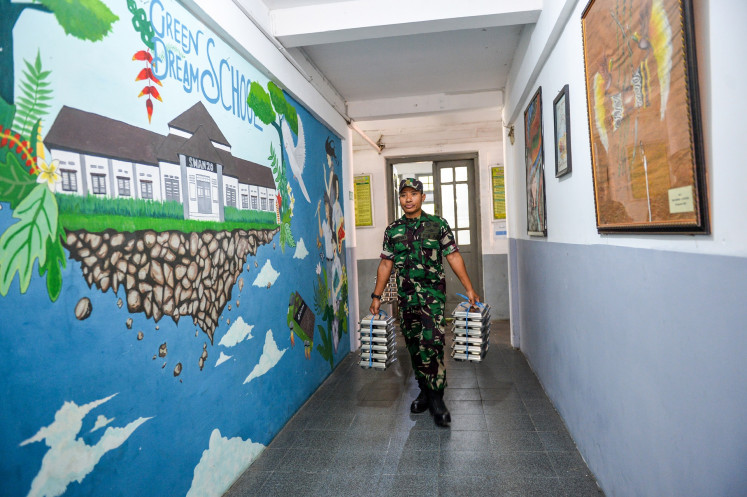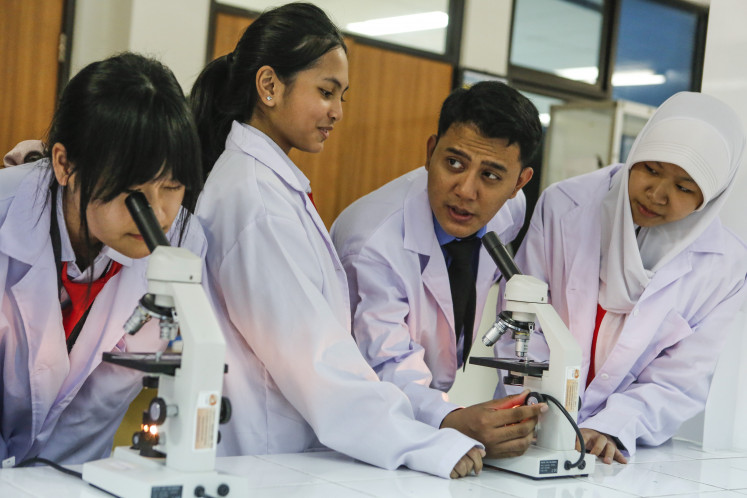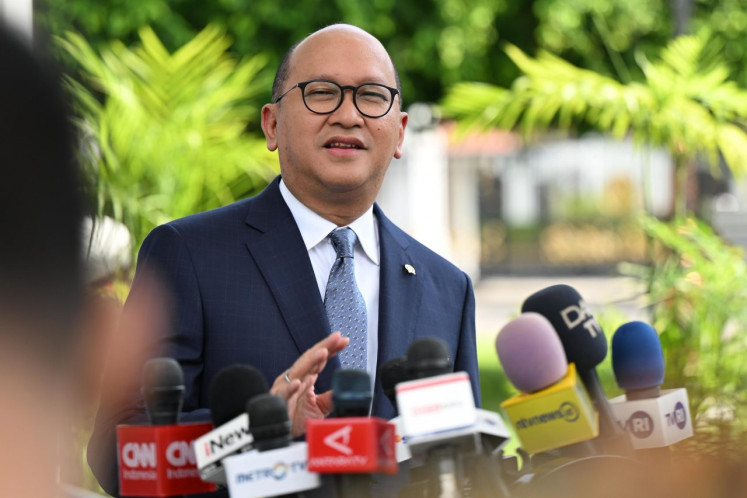Popular Reads
Top Results
Can't find what you're looking for?
View all search resultsPopular Reads
Top Results
Can't find what you're looking for?
View all search results‘Stolen children’ need govt’s full attention
“I had mixed feelings of sadness and anger when I learned that I already had my own grave in Timor Leste,” Victor da Costa, 41, said on Tuesday
Change text size
Gift Premium Articles
to Anyone
“I had mixed feelings of sadness and anger when I learned that I already had my own grave in Timor Leste,” Victor da Costa, 41, said on Tuesday.
He is one of Timor Leste’s generation of “stolen children”, who were forcibly taken away from their families during the Indonesian occupation of what was then the province of East Timor.
Victor found out about his parents’ death only years later, in 2004. That was when he first touched down in his homeland in Baucau district, after he had been brought to Indonesia in the early 1980s by an Indonesian Military (TNI) soldier. He was 4 years old back then.
He also learned in 2004 that people in his hometown thought he had already passed away, because there was a piece of black cloth in between his parents’ graves. In Timor Leste tradition, Victor explained, a piece of black cloth symbolized the death of a missing person.
“If a person has been gone for a long time, they will be considered dead,” he said.
Victor was speaking at a press briefing to commemorate the International Day of the Disappeared, which falls on Aug. 30.
The press briefing was jointly held by the Asia Justice and Rights (AJAR) NGO, the Commission for Missing Persons and Victims of Violence (Kontras), the Indonesian Association of Families of the Disappeared (Ikohi) and the National Commission on Human Rights (Komnas HAM).
Victor’s case is only one among many similar ones affecting hundreds or even thousands of Timor Leste’s “stolen children”. Victor is fortunate to have finally discovered where his hometown is and to have revealed almost everything about his past.
Victor also considers himself lucky that the family of the soldier that took him to Indonesia treated him well. They sent him to school, while many of the “stolen children” were not sent to school by their foster families.
According to AJAR, some 4,000 East Timorese children were forcibly moved to Indonesia between 1975 and 1999, most of them were brought into the country by soldiers.
Only about 30 of the children had met with their families in Timor Leste through family reunions held twice since 2015 by AJAR, Kontras, Ikohi and Komnas HAM.
Selviana Yolanda, a program officer for AJAR, told a press briefing on Tuesday that her organization had been painstakingly tracking down the “children” in many parts of the country since 2013.
“Many of them were found in West Java, South Sulawesi and Kalimantan,” Yolanda said.
“The government’s initiative to find the children is decreasing. Besides, public awareness about this issue is very limited. Meanwhile, both government and public support are much needed in this case.”
Sandra Moniaga, a commissioner with Komnas HAM, echoed the need for support. She said the government had yet to take concrete measures to find the “stolen children” and to reintroduce them to their relatives in their homeland.
“The least the government can do is to collect the children’s data, cooperate with the Timor Leste government to find their families there [...] and facilitate their visit to Timor Leste to meet their families,” Sandra said, adding that the Timor Leste government had allocated funds to accommodate such family visits.
The next family reunion would be conducted in November this year, Yolanda said.
“We are hoping for the government’s support with the next family reunion,” she added. (vny)



